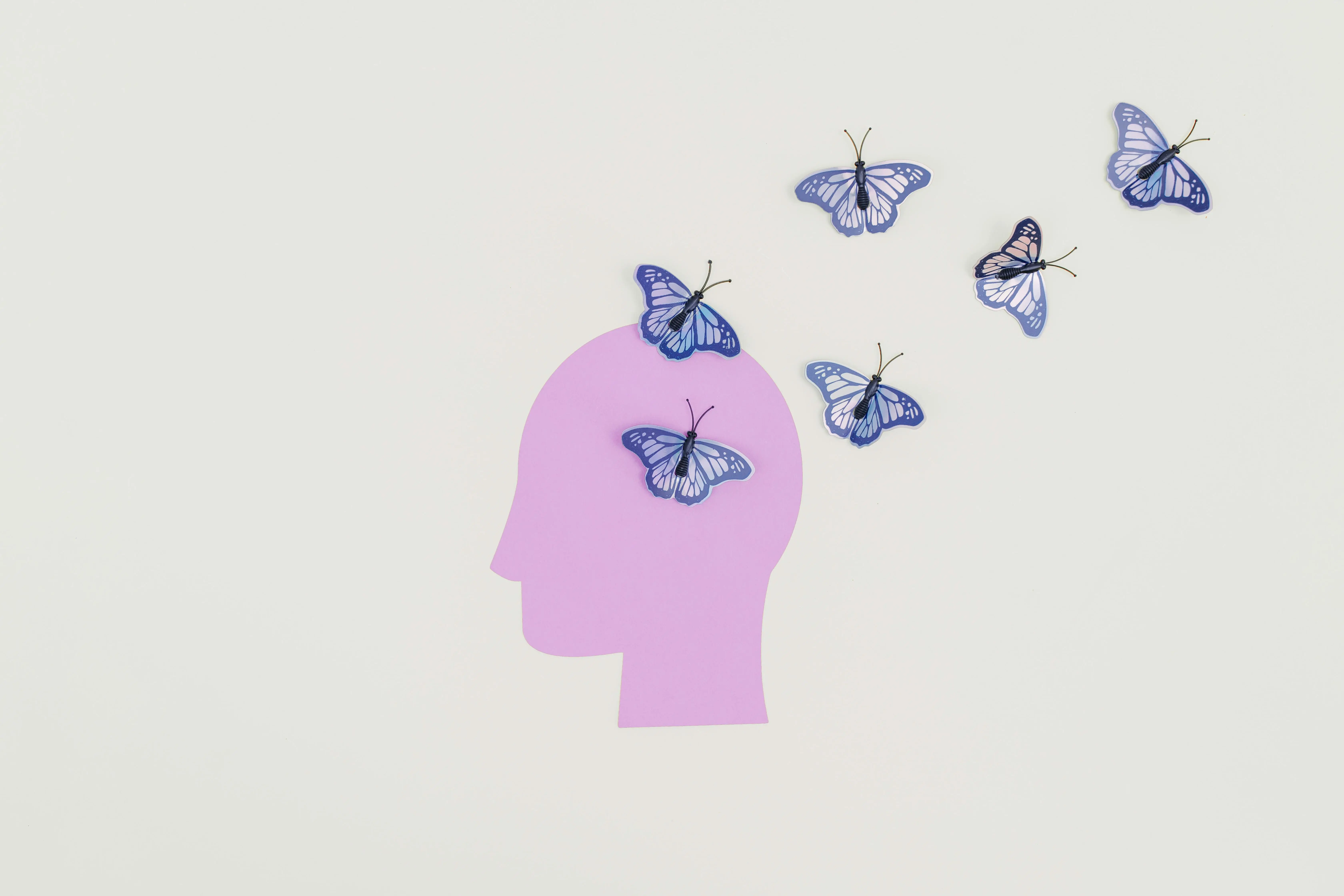

Your mental health is an important part of your well-being. This aspect of your welfare determines how you’re able to operate psychologically, emotionally, and socially among others.
Considering how much of a role Mental Health Services play in each aspect of your life, it’s important to guard and improve psychological wellness using appropriate measures.
Because different circumstances can affect your mental health, we’ll be highlighting risk factors and signs that may indicate mental distress. But most importantly, we’ll dive into why mental health services are so important in 2025.
Why healthy mind is important in the new year 2025?
As we enter a new year 2025, it’s natural to reflect on our past experiences and set goals for the future. While a lot of people focus on physical health resolutions, such as exercising more or losing weight, it’s simply as important to focus on your behavioral health. A strong state of mind can progress every aspect of your life, from personal relations to work routine. In today’s fast-paced world, stress levels are high, and mental health problems are common. According to an analysis, one in five American adults experiences mental health problems each year. This figure highlights how prevalent these problems are and why prioritizing your mental well-being and getting treatment for mental health issues should be at the top of your list this new year 2025.
Why Mental Health Services Should Be Taken Seriously in 2025:
When we start paying attention to our mental health needs, we can create improvements for ourselves and for those around us. Prioritizing mental health in 2025 reaps multiple benefits, including:
- Improved mood
- Reduced anxiety
- An enhanced sense of inner peace
- Clear thinking
- Better relationships
- Increased self-esteem
Why Should We Spread Mental Health Awareness?
By making a concerted effort to spread mental health awareness, we can work to de-stigmatize how we think about, approach, and identify mental health issues in our society.
Having those tough conversations and admitting there’s a problem means we can come up with a solution. We can start removing the shame and fear that are often associated with topics surrounding poor mental health. Doing so can increase the likelihood of someone reaching out when they need help.
Asking for Mental Health Services in your area is a sign of strength. Working together allows us to begin building a foundation that respects and honors the importance of good mental health.
Another benefit to focusing on mental health awareness is that it can make signs and symptoms of certain conditions more well-known. Early intervention is predictive of how successful mental health treatment will be for many conditions. The earlier someone is diagnosed and begins treatment with the help of a mental health professional, the more likely it is that they’ll be able to manage their condition and improve their mental health.
How Should We Care for Our Mental Health in 2025?
Every treatment plan will look different based on your mental health needs. However, the first step is understanding the importance of mental health. Then, care for your mental health by doing the following.
- Getting professional help if needed
- Connecting with others
- Staying positive
- Getting physically active
- Helping others
- Getting enough sleep
- Developing coping skills
What Are the Most Common Mental Health Conditions?
The most common mental health conditions include:
- Depression
- Anxiety
- Psychotic disorders
- Personality disorders
- Panic disorder
- Post-traumatic stress disorder (PTSD)
- Obsessive-compulsive disorder (OCD)
- Eating disorders
How Do I Know If I Have a Mental Illness?
If several of the following are occurring, it may be useful to follow up with a mental health care provider.
Sleep or appetite changes: Dramatic sleep and appetite changes or decline in personal care.
Mood changes: Rapid or dramatic shifts in emotions or depressed feelings, greater irritability.
Withdrawal: Recent social withdrawal and loss of interest in activities previously enjoyed.
Drop in functioning: An unusual drop in functioning, at school, work, or social activities, such as quitting sports, failing in school, or difficulty performing familiar tasks.
Problems thinking: Problems with concentration, memory, or logical thought and speech that are hard to explain.
Increased sensitivity: Heightened sensitivity to sights, sounds, smells, or touch; avoidance of over-stimulating situations.
Apathy: Loss of initiative or desire to participate in any activity.
Feeling disconnected: A vague feeling of being disconnected from oneself or one’s surroundings; a sense of unreality.
Illogical thinking: Unusual or exaggerated beliefs about personal powers to understand meanings or influence events; illogical or “magical” thinking typical of childhood in an adult.
Nervousness: Fear or suspiciousness of others or a strong nervous feeling.
Unusual behavior: Odd, uncharacteristic, peculiar behavior.
Changes in school or work: Increased absenteeism, worsening performance, difficulties in relationships with peers and co-workers.
One or two of these symptoms alone can’t predict a mental illness but may indicate a need for further evaluation. If a person is experiencing several at one time and the symptoms are causing serious problems in the ability to study, work, or relate to others, he/she should be seen by a physician or Mental Health Services provider. People with suicidal thoughts or intent, or thoughts of harming others, need immediate attention.
How I Got U Mental Health Services can help you achieve a healthy mind.
If you’re struggling to prioritize your mental health, reaching out to a professional psychologist or behavioral therapist may be the best next step. Psychologists are trained professionals who specialize in helping individuals overcome their mental health challenges. Through therapy and counseling sessions, psychologists work with clients to identify negative patterns of behavior and thought processes that may be hindering their progress toward achieving a healthier state of mind. They provide personalized solutions tailored specifically to each individual’s unique needs. At times it can feel daunting or even embarrassing to seek help for these issues but know that seeking support is an act of bravery and strength. It takes courage to admit when we need help – by doing so we open ourselves up for growth!
Now that you understand the importance of prioritizing your mental health let’s look at some actionable steps you can take today:
Schedule Regular Therapy Sessions: Whether weekly or monthly finding time on your calendar dedicated solely towards taking care of yourself is key!
Practice Self-Care Daily: This could mean anything from carving out time each day for meditation or yoga practice, treating yourself with kindness (both mentally & physically), engaging in activities that bring joy into your life like reading books, or spending quality time with loved ones.
Be Kind to Yourself: Remember this journey isn’t linear – there will be ups and downs along the way but what matters most is continuing forward momentum towards positive change.
Conclusion:
In conclusion, prioritizing your mental health is a vital part of living a joyful and satisfying life. By taking steps to attain a healthy state of mind, you can lessen stress levels, progress relationships with loved ones and colleagues alike, and upsurge production at work – all while feeling extra self-assured! Don’t hesitate to reach out to I Got U Corp for Mental Health Services and support along the way. Remember that seeking help is not only brave but necessary for growth! So, call us today at 909 – 325 – 7949 and schedule your appointment today and be on your way to better mental health!





